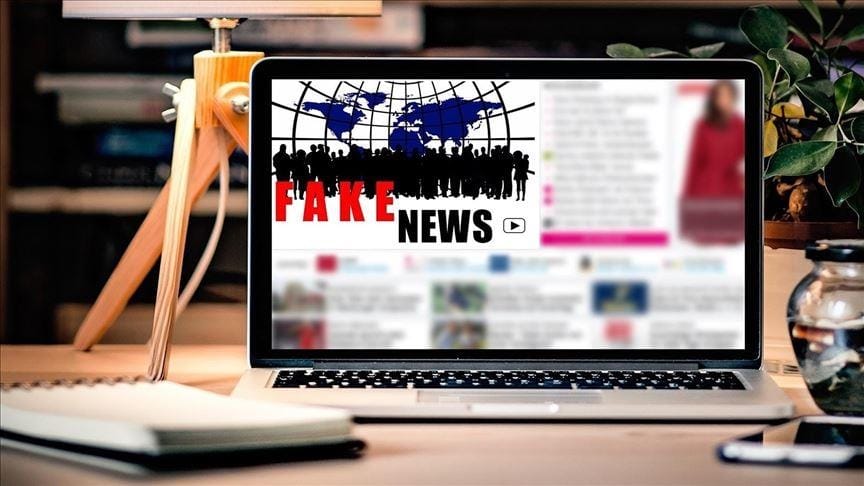Nigeria is increasingly turning to artificial intelligence (AI) to tackle major challenges, including the spread of fake news, promotion of Indigenous languages, and support for data journalism. As the country positions itself at the forefront of technological innovation in Africa, AI is emerging as a powerful tool for social good.
Amid rising concerns about misinformation—particularly on platforms like WhatsApp and Telegram—Nigerian media organizations and fact-checking initiatives are adopting AI to curb the spread of false content. One such initiative, Dubawa, launched an AI-powered chatbot in 2024 to verify information circulating on private messaging platforms. The chatbot, accessible on WhatsApp, checks user-submitted claims against real-time data and provides reliable sources for further reading.
“Misinformation thrives on closed networks where oversight is limited,” said Temilade Onilede, Dubawa’s project manager. “Our chatbot helps fill that gap by giving users a fast and simple way to confirm what they read.”
Other fact-checking groups are also adopting AI tools. FactCheckAfrica’s MyAIFactChecker allows users to assess the accuracy of news articles and social media content, while Dataphyte’s AI tool, Nubia, helps journalists turn raw datasets into news drafts. Nubia has been used in classrooms and hackathons, providing both students and professionals with a practical AI writing assistant.
“AI saves us hours of labor when dealing with data-heavy stories,” said journalist Jamiu Akinbobola. “But the human touch remains essential for context and emotional depth.”
While Nigeria currently lacks specific AI legislation, the government has drafted a National Artificial Intelligence Strategy aimed at promoting ethical and responsible use. AI developers must still comply with broader laws such as the 2023 Nigeria Data Protection Act and the Copyright Act, which govern data privacy and intellectual property.
Beyond media and fact-checking, AI is also helping bridge linguistic gaps in Nigeria. Dataphyte’s startup Goloka Analytics has partnered with Meta to boost AI representation of Indigenous Nigerian languages. The collaboration focuses on gathering community-validated language data to train machine translation and speech recognition tools.
“Digital platforms often neglect African languages,” said Goloka founder Joshua Olufemi. “We’re working to change that by building tools that reflect Nigeria’s rich linguistic diversity.”
The initiative involves collaboration with local universities and language technologists, aiming to develop inclusive AI systems that support equitable access to information and services.
As Nigeria deepens its integration of AI across sectors, experts say the focus on fighting misinformation and preserving cultural identity is crucial for shaping a more informed and inclusive digital future.



